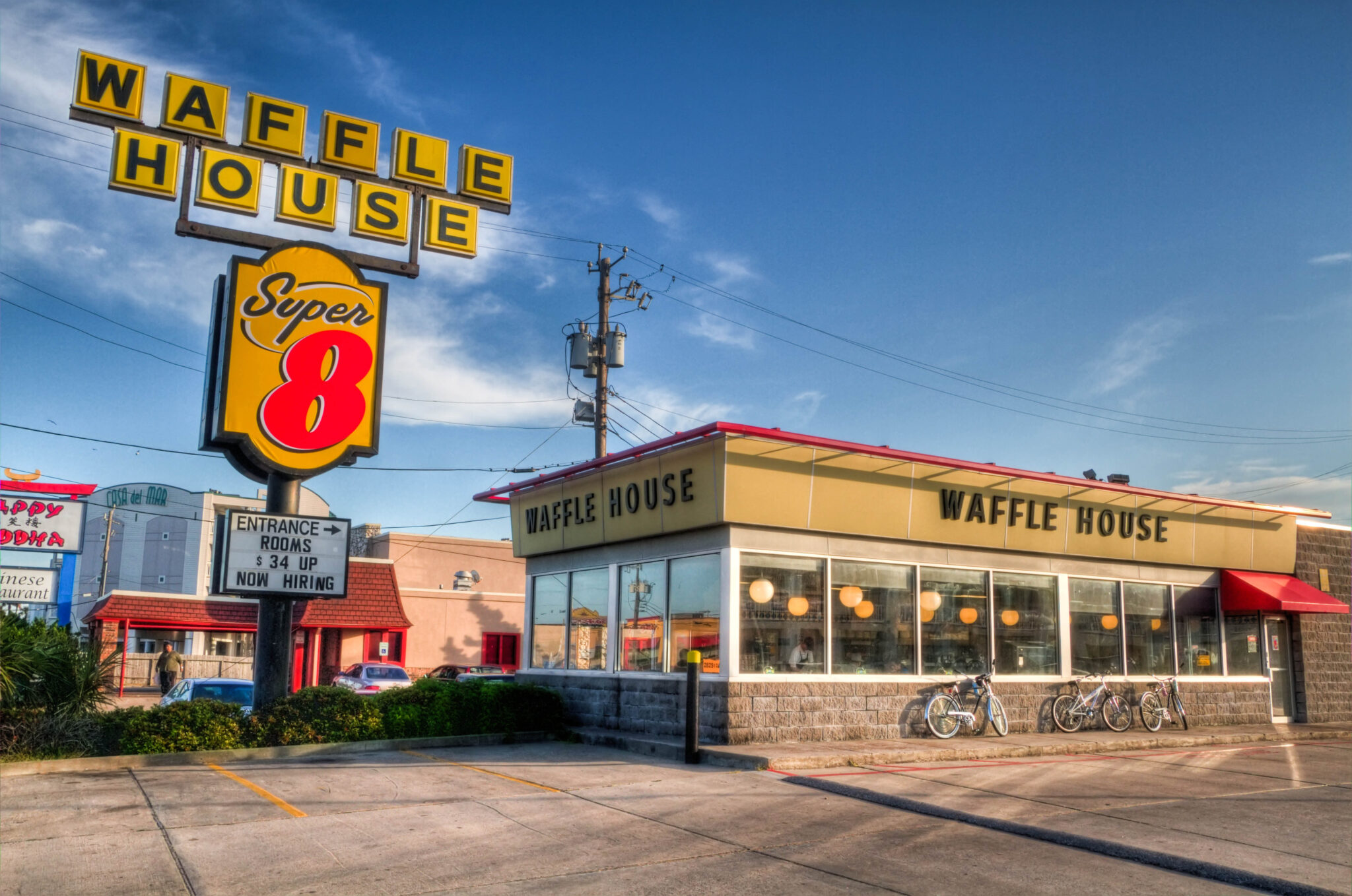
Gilbert Placeres is a student at Harvard Law School.
In today’s News & Commentary, Swedish unions take on Tesla, Starbucks and the NLRB litigate make-whole remedies, and workers at Waffle House organize for better better pay and conditions.
52 Tesla mechanics have been on strike in Sweden for over a year now, the first and only strike against Tesla anywhere in the world. Industrial union IF Metall has been demanding better wages, benefits, and conditions for mechanics in Tesla repair shops across the country. Elon Musk and Tesla, on the other hand, have refused to recognize the Swedish labor market’s model of collective bargaining and brought in strikebreakers from various other European countries. This is legal under Swedish law but anathema to the unwritten rules and norms that are part of Nordic models of worker protection. In Sweden, 90% of the workforce is covered by a collective agreement, a model Tesla does not seem willing to adapt to. The current battle in Sweden is representative of similar struggles between unions and Tesla in Germany, the US, and elsewhere.
This week, Starbucks continued to challenge the National Labor Relation Board’s make-whole remedies, in a case concerning the firing of an employee who helped start unionization campaigns at various Michigan locations. The company argued before the US Court of Appeals for the Sixth Circuit that the NLRB should not be able to order monetary compensation for “all direct or foreseeable pecuniary harms” that are a consequence’s of an employer’s unfair labor practices, taking aim at the 2022 Thryv Inc. ruling. The panel of judges seemed split, with one suggesting such remedies have a long history and another seemingly viewing it as a reinterpretation of the National Labor Relations Act.
Workers at Waffle House, the iconic Southern diner, who’s base pay can be as low as three dollars per hour have been organizing for better wages with the Union of Southern Service Workers. In addition to a $25 minimum wage, workers have asked for a more expanded meal deduction menu and for the company to provide 24/7 security at its restaurant. Late on weekends, patrons often come in inebriated, which can lead to disorderly or violent conduct. As one employee said, “Waffle House is not for the weak at all. They will eat you up and spit you out if you let them. … People and alcohol don’t mix. They come in belligerent, they come in irate, they come in just being disrespectful, and they feel like it’s owed to them. We’re supposed to just take it, and it’s unacceptable.” In May, Waffle House CEO Joe Rogers III announced the “single largest additional investment in our workforce” by raising base pay to three dollars per hour, a direct result of organizing with the USSW, though workers hope to win more.






Daily News & Commentary
Start your day with our roundup of the latest labor developments. See all
February 26
Workplace AI regulations proposed in Michigan; en banc D.C. Circuit hears oral argument in CFPB case; white police officers sue Philadelphia over DEI policy.
February 25
OSHA workplace inspections significantly drop in 2025; the Court denies a petition for certiorari to review a Minnesota law banning mandatory anti-union meetings at work; and the Court declines two petitions to determine whether Air Force service members should receive backpay as a result of religious challenges to the now-revoked COVID-19 vaccine mandate.
February 24
In today’s news and commentary, the NLRB uses the Obama-era Browning-Ferris standard, a fired National Park ranger sues the Department of Interior and the National Park Service, the NLRB closes out Amazon’s labor dispute on Staten Island, and OIRA signals changes to the Biden-era independent contractor rule. The NLRB ruled that Browning-Ferris Industries jointly employed […]
February 23
In today’s news and commentary, the Trump administration proposes a rule limiting employment authorization for asylum seekers and Matt Bruenig introduces a new LLM tool analyzing employer rules under Stericycle. Law360 reports that the Trump administration proposed a rule on Friday that would change the employment authorization process for asylum seekers. Under the proposed rule, […]
February 22
A petition for certiorari in Bivens v. Zep, New York nurses end their historic six-week-strike, and Professor Block argues for just cause protections in New York City.
February 20
An analysis of the Board's decisions since regaining a quorum; 5th Circuit dissent criticizes Wright Line, Thryv.